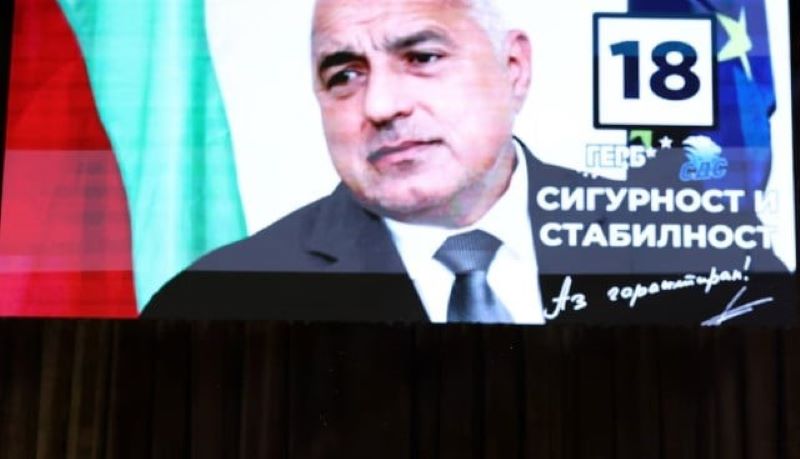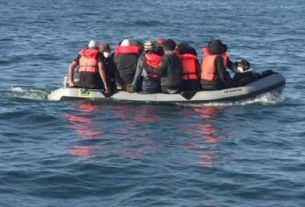Bulgaria is set to hold parliamentary elections on Sunday, marking the seventh general election in just over three years as the country grapples with increasing political instability. This turmoil has created a fertile ground for the rise of pro-Russian and far-right sentiments among voters.
Since 2021, only two out of six elections have successfully produced a functioning government, both of which collapsed while attempting to implement reforms and reduce Bulgaria’s historical reliance on Russia. The most recent election in June resulted in a fragmented legislature with no clear winner, and the seven parties elected were unable to form a viable coalition.
Analysts predict that the upcoming election is likely to mirror previous outcomes, with little hope for an immediate resolution to the political deadlock. Voter fatigue and widespread disillusionment with the political system are expected to contribute to low turnout, further fragmenting the parliament. This environment may allow populist and pro-Russian factions to gain a stronger foothold.
Stoyana Georgieva, a leading analyst, warns of a record-low voter turnout and an increase in controlled voting—both purchased and coerced by local authorities and corporate interests. The pro-Russian party Vazrazhdane is anticipated to emerge as a significant force, advocating for the lifting of sanctions against Russia, halting military support for Ukraine, and calling for a referendum on Bulgaria’s NATO membership.
Since 2020, Bulgaria has been embroiled in political upheaval, ignited by mass protests against corrupt politicians who have allowed oligarchs to dominate state institutions. As one of the poorest and most corrupt members of the European Union, Bulgaria continues to face significant challenges in combating graft, particularly in the context of a judiciary accused of serving political interests rather than upholding justice.
As Bulgarians head to the polls, the implications of this political uncertainty extend beyond national borders, potentially reshaping alliances within the European Union and NATO.





